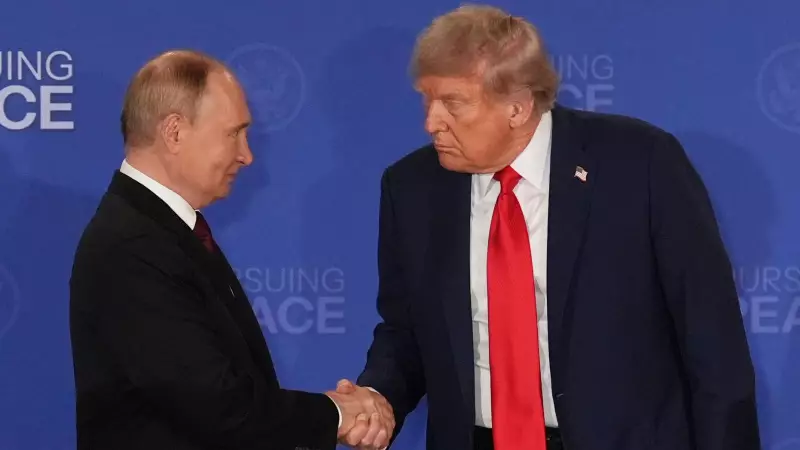
In a dramatic development that has captured global attention, former US President Donald Trump has publicly called upon Russian leader Vladimir Putin to bring an immediate end to the ongoing conflict in Ukraine. This unexpected appeal comes at a critical juncture as Russia reportedly conducted tests of its advanced nuclear-capable hypersonic missiles.
The Diplomatic Gambit
During a recent interview, Trump revealed his direct message to the Kremlin, stating he would "tell Putin: 'Don't do it... I will not be happy'" if Russia were to deploy nuclear weapons. The former president positioned himself as having "a good relationship" with the Russian leader, suggesting this connection could facilitate peace negotiations.
Military Developments Amid Diplomacy
Simultaneously, Russia's defense ministry announced the successful testing of its Zircon hypersonic cruise missiles, capable of carrying nuclear warheads at speeds exceeding Mach 8. These tests, conducted from both naval vessels and submarines, demonstrate Moscow's continued military advancement despite international sanctions and diplomatic pressure.
Global Reactions and Implications
The international community watches closely as these events unfold. European leaders remain skeptical of Trump's influence over Putin, while security experts express concern about the escalating military capabilities being demonstrated. The combination of diplomatic overtures and weapons testing creates a complex geopolitical landscape that could significantly impact the trajectory of the Ukraine conflict.
This development raises crucial questions about the future of US-Russia relations and the potential for negotiated settlements in ongoing international conflicts. As world leaders assess these recent events, the global community awaits Russia's response to Trump's unprecedented appeal.





